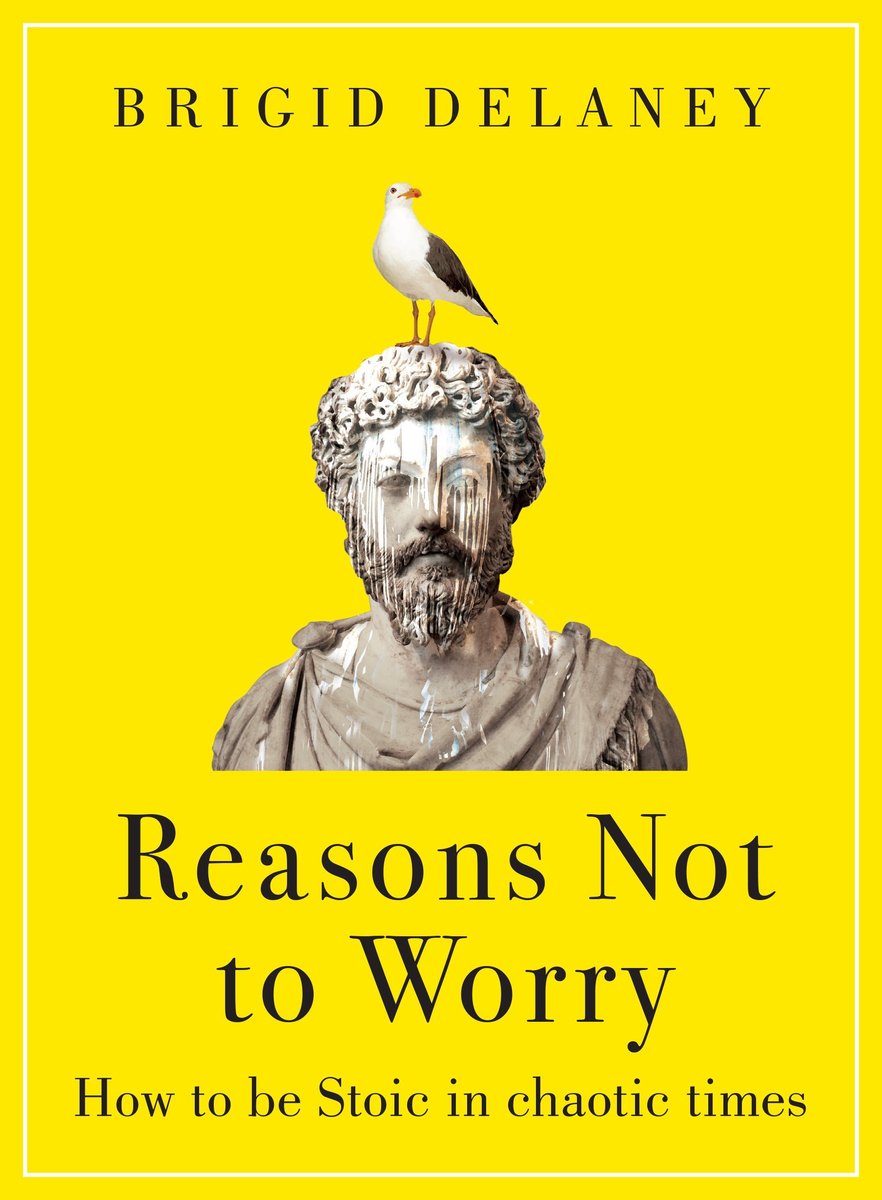
It was deep into lockdown, and while my friends were bingeing on sourdough, cocktails and Tiger King, I was bingeing on philosophy from Ancient times.
Could the philosophy of the Greek and Roman Stoics provide some advice on how to tackle today’s complex problems; everything from the climate crisis, to the pandemic, to not getting a pay rise?
Yes! Yes, it could.
Although the Stoics lived thousands of years ago - and their lives seem very remote from ours today, they had the most incredible guidelines for life, that I now use everyday.
While you're here watch: 5 Lifestyle hacks to help with your anxiety. Story continues below.
Here are some of my main Stoic hacks.
1. Work out what you can and can’t control.
Things within your control are your character, actions and reactions and how you treat others. Everything else including money, reputation and health can be influenced by you, but are not within your complete control. For example - if you have a dispute with a friend or your child, you cannot control their reaction. But you can control your reaction to their reaction. When you realise how much is actually out of your control, you can stop putting your energy into places where it's not going to count.


Top Comments
Philosophy can help us take a broader view of society and the way people behave in it.
I think it can help us become less invested in the trends that are thrown at us from advertising for eg.
I can also see how both politics and advertising learned a few tricks from religion.
You've maybe given us an insight into what might be your particular political bias.
That's OK though................as long as you "do what ye will but harm ye none" we're basically on the same page.